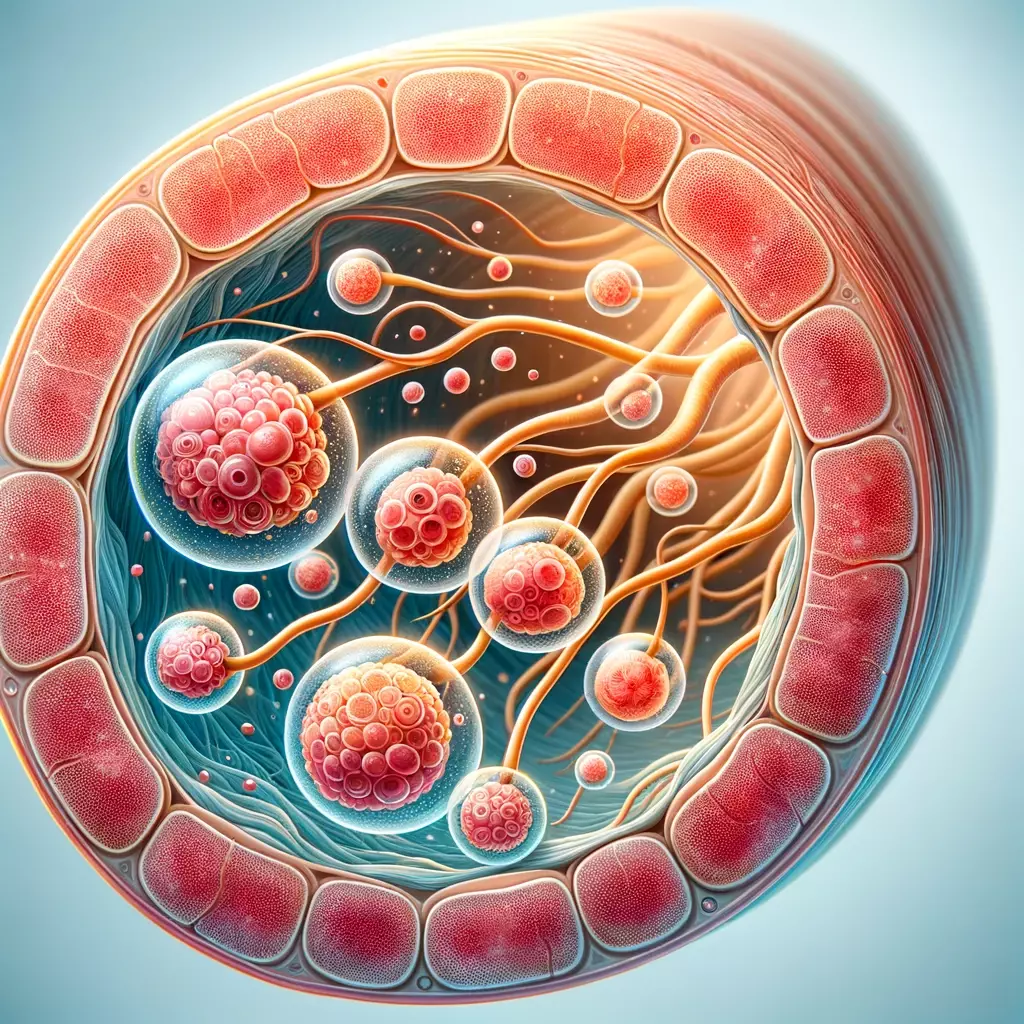
The umbilical cord stem cell is a special kind of cell found in the umbilical cord, which connects a baby to its mother's womb. These cells are like super helpers in the body because they can turn into many different types of cells, like blood cells, skin cells, or muscle cells. This makes them really important for treating diseases and fixing damaged parts of the body because they can help create new, healthy cells. Think of them as magic seeds that can grow into any kind of plant you need.
Yes, umbilical cord stem cells have the potential to treat Multiple Sclerosis (MS), which is a disease where the body's immune system attacks its own nerves. This can make it hard for people with MS to move and feel things properly.
Think of your nervous system like a bunch of wires covered in protective casing. In MS, this protective casing gets damaged. Umbilical cord stem cells can act like repair workers. They can help fix the damage by calming down the immune system's attack and possibly repairing the protective casing around the nerves.
Scientists are still studying how best to use these stem cells for treating MS, but the idea is like using a repair kit to fix and protect the wires, helping the person feel and move better.
New text element

Pic: Damage to myelin sheath or the protective casing of neurons in multiple sclerosis